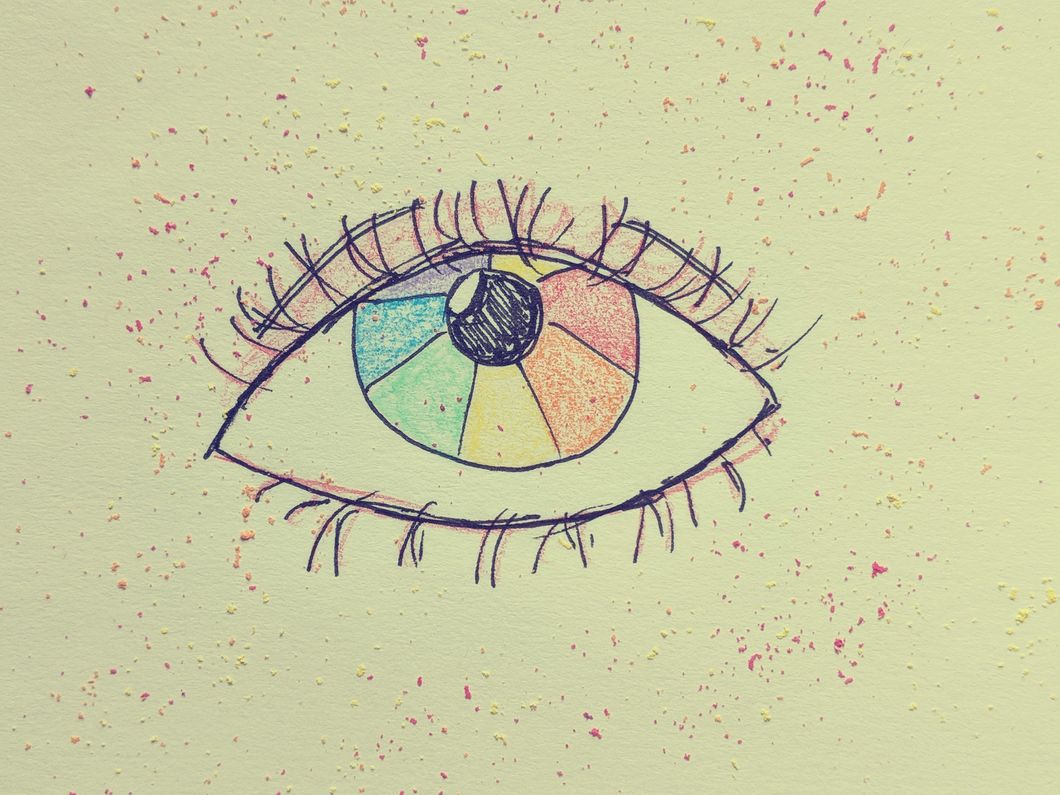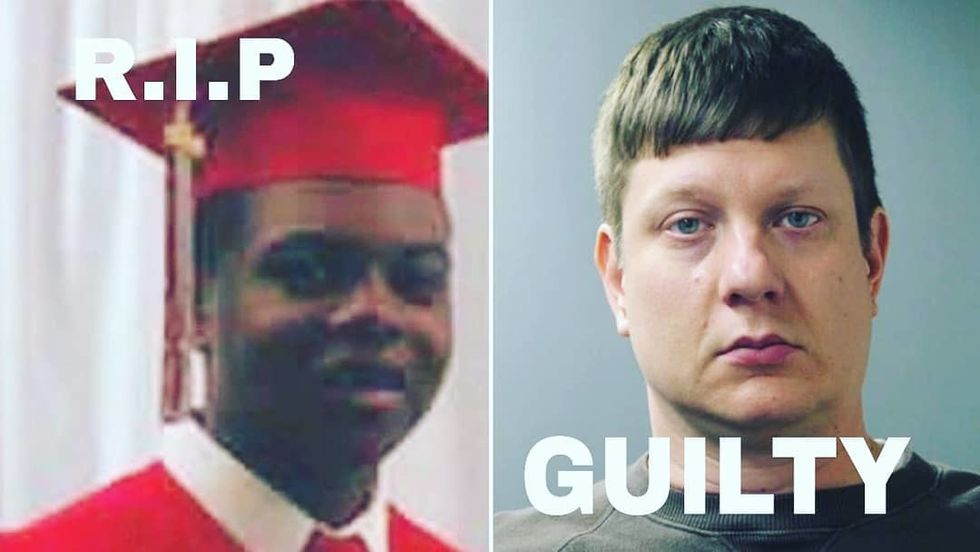The Impossibility Of Objectivity And Necessity Of Perspective
Each of us naturally approaches issues differently depending on our backgrounds and experiences, but these differences are essential to uncovering unique angles of the truth.
The Ithaca College Park Center for Independent Media (PCIM), a center for study within the Park School of Communication created for the study of journalism outside of mainstream corporate outlets, funds public lectures by independent journalists. On October 24, Brandon Smith, the journalist who successfully sued the city of Chicago and brought about the release of video evidence of the murder of Laquan McDonald by a local police officer, spoke about the information that the Chicago media, and what the nation's media in general, fail to find and convey about incidences of violence against Americans of color. Chief among the obscured details is the fact that the murderer was the first Chicago officer to be charged with murder for an on-duty shooting in around 50 years.
In the end, there was time for questions and a local politician with a relentlessly outgoing disposition and trouble keeping passion and opinion from creeping into his questions asked Smith his opinion of powerful mainstream news outlets that are unable to practice objectivity and keep their biases out of their reportage. The expected answer from this well-known freelance journalist, a man focused on doing the essential and just, was that such biases are obviously not responsible, mature practice. But surprisingly he responded that it is inevitable for people's perspectives to bleed into their reportage, simply because we all come from different backgrounds. This unavoidable frame of reference, he said, is to be expected, and informs journalists' questions, perceptions, and presentations. After all, he asserted, one begins one's inquiries with a thesis that may derive simply from instinct and a sense of reason and morality that has been shaped endlessly by our surroundings. One simply must allow one's predispositions to be challenged and informed by an investigation.
The concept that objectivity in this situation is perhaps impossible is an interesting one. Especially in a field such as journalism, for which the idea of objectivity is such an integral part, the abandonment of this anchor term feels new. But it makes complete sense: how could we ever have tried to divorce ourselves from our backgrounds and frames of reference? Perhaps to do so would even be a disservice to the investigation at hand, as every story requires a perspective and a voice, someone to pull from events a different, equally relevant thread, and to represent events in an otherwise unseen light.
But this concept can apply to so much more than the one field. We cannot divorce ourselves from the history embedded within us, not just in journalism but in all art forms, as well as in our daily lives and interactions.
If creators for television, film, visual art or writing pursued their ideas devoid of personal background, all of these stories would be stripped of the slant which make them unique. Steven Universe, Cartoon Network's immensely popular cartoon which enjoys a passionate, emotional fanbase of all persuasions and a shared creed, because it is one of, if not the most, representative cartoon ever to air. It stars non-binary, gay space warriors who can fuse their bodies together into an entirely new, stronger being. The main character, Steven, is a male protagonist whose heroes and mentors are these female-presenting warriors. As a child, Sugar, who recently came out herself as non-binary, never felt she could fully relate to and interact with the media she consumed. She felt overlooked. In Steven Universe, her goal was to create a show for the child she was, to create a show for those who similarly feel they do not have a show that belongs to them.
This program is a specific example, but it exemplifies how creators not only cannot separate themselves from their personal histories but that these personal histories enrich and help forge the works they create. No one is able to tell stories just like Rebecca Sugar tells them, or uncover truth like Brandon Smith, because no one will ever approach issues the exact same way they do as products of their unique circumstances. Our individual perspectives are highly valuable and, rather than stifle their influence, we have an opportunity to breathe into art a particular voice, color, slant, a confluence of factors that shape the piece into something prismatically representative.
We bring so much with us everywhere we go, and the host of stories, histories, and idiosyncrasies that are present in every exchange can be felt like a burden. But they constitute who we are; our perspectives accompany us into every moment of our lives. And they can serve as a representative of our myriad influences, asserting the unique beings that we each are into the world—and allowing others to feel less alone—by virtue of existing and interacting with the world around us. Within every entirely distinct perspective is this same wealth of stories and truths.

























